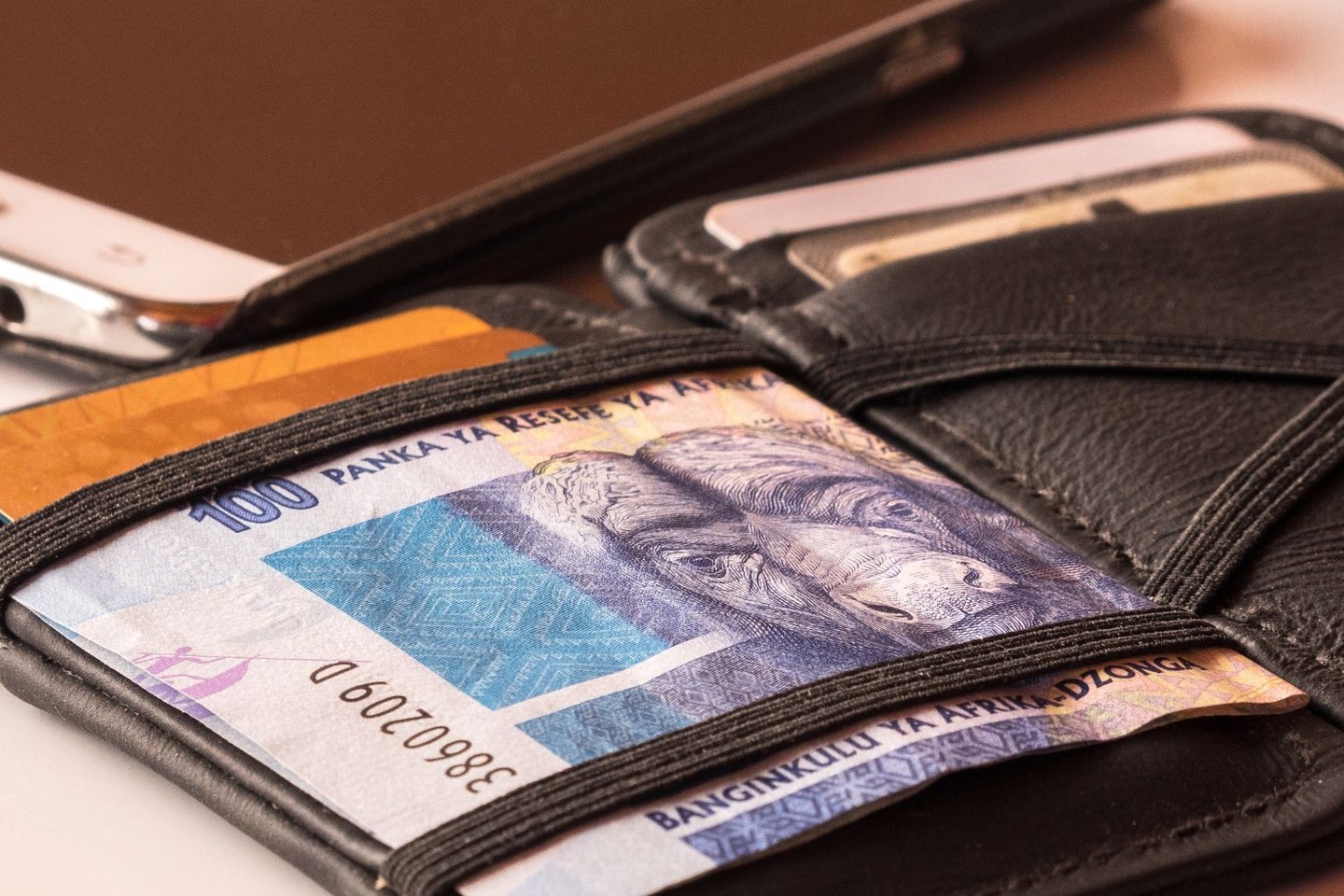How to use a loan responsibly
Sometimes you need a head start on your big goals or help in a financial emergency. A personal loan may be a practical solution and it can help you build up a healthy credit score if you handle it responsibly.

We all need some help sometimes and borrowing money can be a great way to invest in yourself and your future. For example, a personal loan, could help start your small business and a car loan gives you access to some career opportunities that require you to have your own vehicle.
When you receive a loan, you are making a commitment to repay the lender you enter an agreement with. It’s important to make sure you can afford it so that you don’t hurt your score and make it difficult to get another loan in the future. Here are some tips to help you avoid that possibility:
What is the reason for your loan? The best reason to get a loan would be to invest in a meaningful expense that you would benefit from long after the excitement has worn off. An example could be investing in home renovation, which increases the value of your home in the long run. Or you could invest in your small business startup that would bring in more income.
It’s easier to receive a loan than it is to pay it back every month. So, if you know the money has gone to a good cause – like repairs for your car, or a laptop for work – it will be easier to pay it back without feeling bad.
Do you have money leftover at the end of the month? You often don’t realise how much you spend until you go over your expenses, one by one. If you don’t have a budget, download your last three bank statements. You probably have a good idea of what your monthly debit orders and regular costs add up to. It’s your day-to-day expenses that can really add up without you realising.
What do you spend money on often? Coffee? Take-aways? Data? Friday drinks with friends? Add up the totals for the things you regularly spent money on for the last three months.
Now, when you receive a quote for a loan, compare those regular expense totals to what you would pay back monthly for your loan. Are you able to give up some of those treats in order to pay your loan back? If you are, then you may just be ready to apply.
You can work out how much you can afford with our ClearScore affordability calculator. Sign up or login in for free, and find out.
A benefit of getting a loan is that it gives you the opportunity to build up your credit score. Your credit score is a number all lenders can see that reflects your financial reputation. You may be taking out a small loan now, but how you pay it will show lenders whether you’re a high or low risk to lend money to in the future. The higher your score, the lower your risk of not repaying your loan.
If you honour your loan agreement, it tells lenders that you are low risk because you always make sure to pay your debts on time, every month. If you have a debit order, you should make sure there’s always enough money in your account so the debit doesn’t fail. Debit orders that bounce because there isn’t enough money available in your account lowers your credit score.
A high credit score means you’re trustworthy. You will qualify for a lower interest rate on future loans which can be a huge saving. This is really helpful when you consider how much you can save on big purchases like a car or a home.
These steps are simple habits to ensure you manage your loan well and improve your credit score. It will also help you avoid becoming over indebted. Learn more about this in our article.
Mel de Kock is a freelance writer, digital editor and mom of three from Cape Town. She helps improve your financial literacy so you can decrease your stress.
